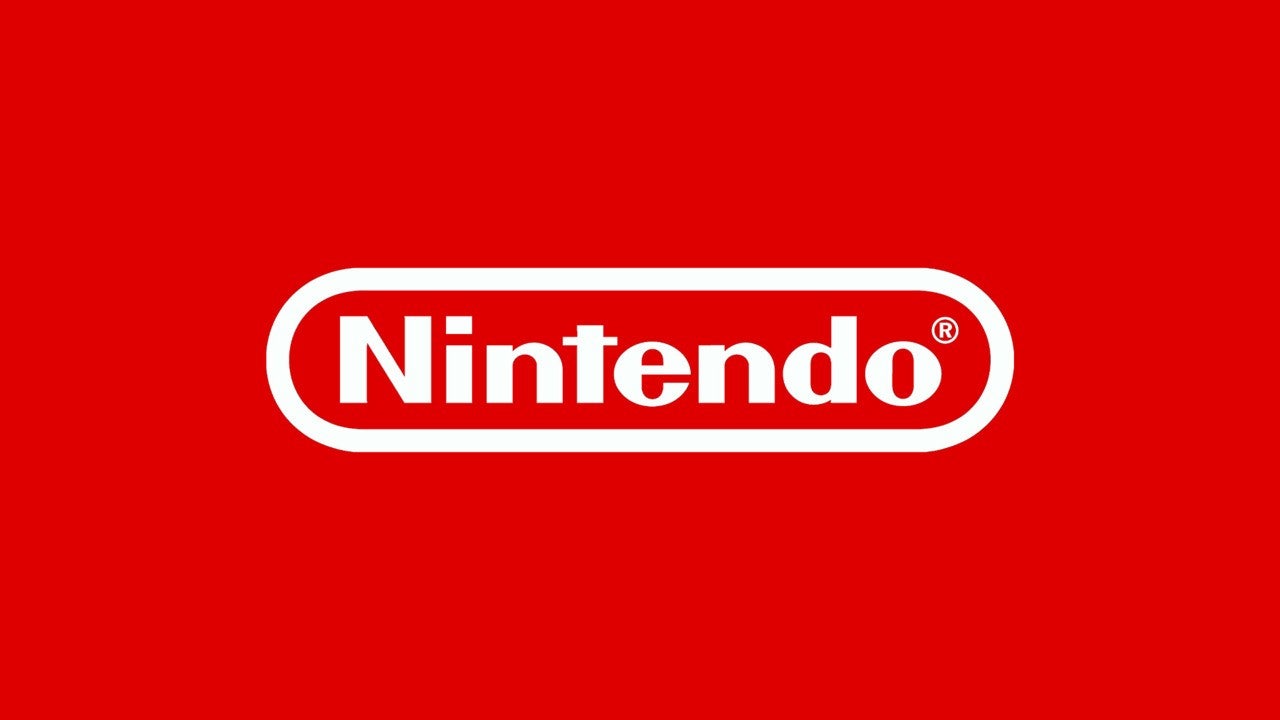It’s Monday, meaning it’s time for us to publicly deploy the latest edition of DF Direct Weekly – and one of the topics covered this week concerns evidence from Activision’s Bobby Kotick to the FTC during the Microsoft trial, more specifically the idea that he was briefed on the technology last year and believes that the hardware ‘has closer alignment’ with the last-gen consoles. This raises an interesting question: how can this be the case in a world where strongly sourced rumours suggests that Epic Games has its The Matrix Awakens demo running on target hardware?
The concept of ‘target hardware’ has always raised some concerns when it comes to accurately representing what an actual retail console can deliver, but everything I’m hearing about the machine does sound quite promising. For now, let’s focus instead on the concept of closer alignment to the last-gen systems. The issue here is that an assessment of basic horsepower factors out so much of what makes a particular piece of gaming hardware unique.
The original Switch makes a pretty good case, but the Steam Deck is an even more obvious example. Where we’ve been able to benchmark the system in like-for-like terms against PlayStation 4 (for example, using God of War’s PS4-a-like ‘original’ settings) I found that the Deck delivers at 800p what the Sony console offers up at 1080p. However, in other titles, we’ve seen closer parity between Deck and PS4. Contrary to this narrative though, it’s also possible to run PS5 exclusive Ratchet and Clank rather well on the Valve handheld. There’s a strong argument that it’s not the level of horsepower that’s important, but rather how well it is deployed.
0:00:00 Introduction0:00:55 News 01: Cyberpunk 2077: Phantom Liberty reaction!0:11:36 News 02: We need to talk about GPU reviews0:34:00 News 03: Mortal Kombat 1 on Switch has performance, visual issues0:46:13 News 04: Switch 2 reportedly close to PS4, Xbox One power0:51:01 News 05: The Matrix Awakens goes offline… then returns!0:56:32 Supporter Q1: How do you think Nintendo and Sony will react to the Microsoft next-gen console proposal leak?1:01:34 Supporter Q2: For hybrid cloud gaming, what features should be on the cloud and which should remain on local hardware?1:09:54 Supporter Q3: What can be done to convince gamers of the importance of the CPU for game performance?1:15:10 Supporter Q4: Are frame-rate limiters the responsibility of the game developers, or hardware manufacturers?1:20:54 Supporter Q5: Couldn’t games self-adjust to hit a target frame-rate on PC?
Brute force compute is just one part of the mobile equation and Steam Deck benefits simply by virtue of a more modern architecture for both CPU and GPU, while storage capabilities are radically transformed in the move from a mechanical hard drive to SSD. Where the new Switch fits in is difficult to nail down, but we should expect more CPU performance from it than the PS4 could muster, while I suspect Nintendo would likely opt for eMMC storage internally as opposed to a small form-factor M.2 SSD (not quite as good as an SSD, but far better than an HDD). Even so, where Steam Deck benefits in terms of improved CPU and storage performance, I’d expect the same from the next Nintendo console.
